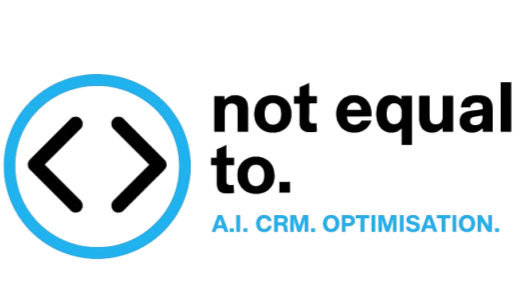AI is everywhere in marketing. Ethical AI is what sets leaders apart.
Most agencies now use predictive tools, yet confidence in governance still lags.
In our research with agency practitioners, only 15% felt current regulation truly addresses ethical risk, while 67% said adopting AI is essential to remain competitive. That gap is where trust, brand value and performance are put at risk.
Here is the practical path we use with clients:
1) Build literacy, not just policy: Short, role-based training for marketers, analysts and leaders beats long manuals. Everyone should know what the model is doing and why.
2) Make transparency part of the workflow: Record the data used, the objective, the fairness checks, and a plain-English reason for targeting. Keep this with campaign artefacts for audit and learning.
3) Treat bias as a performance issue: Skewed data narrows reach and creativity. Regular fairness tests, representative samples and counterfactual checks lift both ethics and ROI.
4) Keep a human in the loop: Mandate human review for high-impact decisions and set clear escalation rules when models drift.
Ethical AI is not a brake on growth. It is how you scale personalisation, protect customers and defend results when challenged.
Curious how this could work in your organisation? Tell us your biggest AI headache and we will share a simple first step you can take this quarter.
